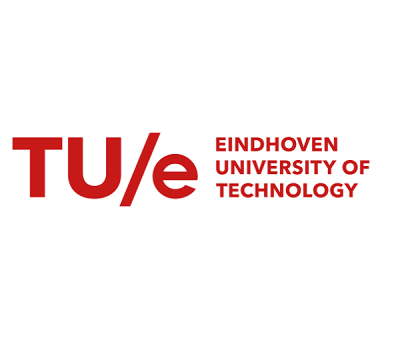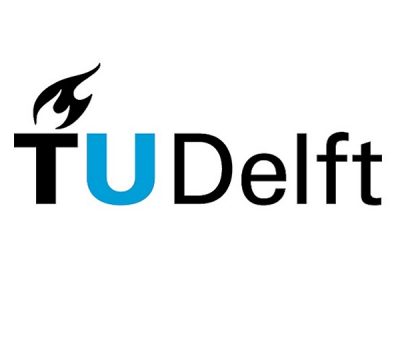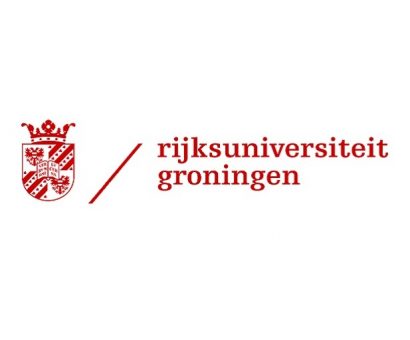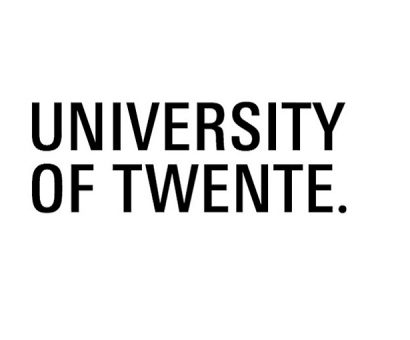Digital Twin Demonstrator
The project aims at the development of public demonstrators where multiple developed contributions from Project 1 to 5 will be:
- implemented,
- tested
- and demonstrated.
The contributions will be used as a learning environment to provide insights into the effects and consequences of making decisions based on the use of adaptive & integrated digital twins.

Challenges
The scientific challenge in this project is on how to develop generic frameworks/demonstrators for combining models and data in an on-line fashion, such that they are suitable for tools and methods from other projects. Correspondingly, the sub-challenges that will be addressed in Project 6 are on:
- Determining the requirements and design parameters of the two demonstrators that showcase the automated model development capabilities;
- The model-driven software engineering and their deployment in living lab setups that comprise of interconnected systems in particular value chain components;
- Furthermore, a focus will be set on how to integrate the various developed contributions of multiple stakeholders in order to understand the efficacy and effectiveness of these tools and methods in an integrated system/value chain.
Approach
The approach of this project is to design, to build and to deploy two public demonstrators that enable us to assess the efficiency and effectiveness of the various digital twin tools and methods in an open and rigorous way. These demonstrators are complementary to individual use-cases, which use proprietary benchmark setups of the involved partners. The applicability of various developed methods and tools for a general use-case will also be demonstrated in Project 6. The first steps are to define concrete actions and goals. To facilitate this discussion and enhance the communication in times of Covid-19, padlets for both the project goals and demonstrator ideas are developed. The padlets can be found at:
Project leader: Dr. ir. Roy Damgrave

Principal Investigators:
Dr. ir. E. Lutters, University of Twente
Prof. dr. ir. B. Jayawardhana, University of Groningen
Prof. dr. M.G.J. van den Brand, Eindhoven University of Technology
Dr. Ir. R.H.B. Fey, Eindhoven University of Technology
Prof. dr. ir. N. van de Wouw, Eindhoven University of Technology
6.1 Cyber-physical digital twinning

In Dynamics and Control group of the Mechanical Engineering Department of TU Eindhoven, he will work with Nathan van de Wouw as a postdoc researcher in the Digital Twin project. He will focus on the cyber-physical digital twinning and will develop a digital twin demonstrator for the industrial collaborators.
6.2 Recursive learning algorithm for Control
ir. Santiago Sanchez-Escalonilla Plaza

At the Discrete Technology & Production Automation (DTPA) group in the University of Groningen, Santiago will work in estimating the uncertainties of first-principle models with the use of machine learning models.
6.3 Data analytic framework for shared decision making based on Digital Twins

In the Design, Production and Management, part of the Engineering Technology faculty of the University of Twente, Lieke will work as a PhD student in the Digital Twin project. She will focus on both achieving the desired functionality for different industries by embedding DT in the development cycles and improve decisions making by ensuring the interpretation and use for different stakeholders.





